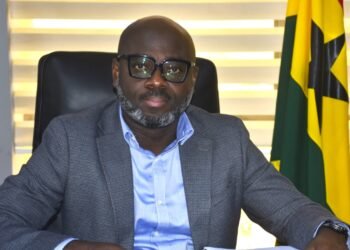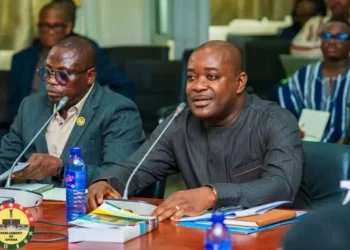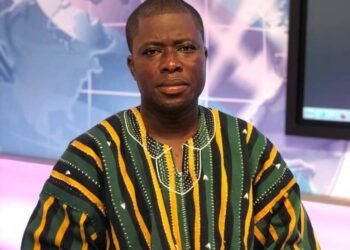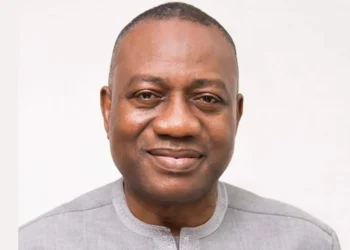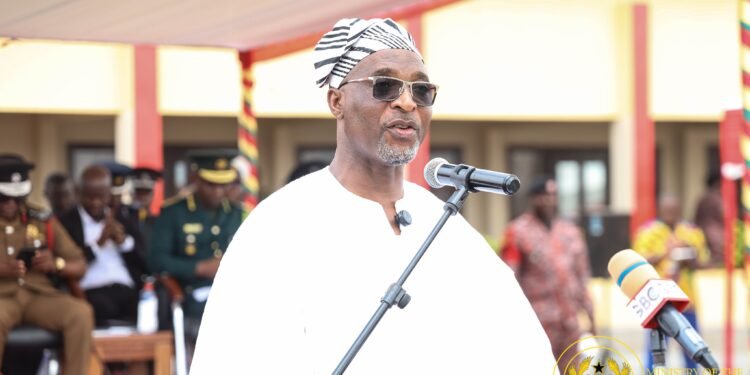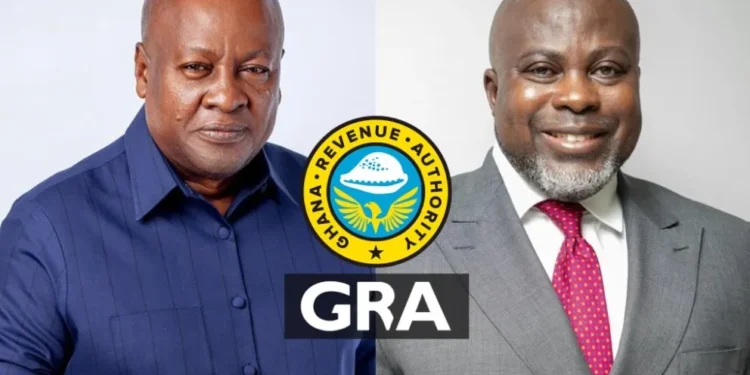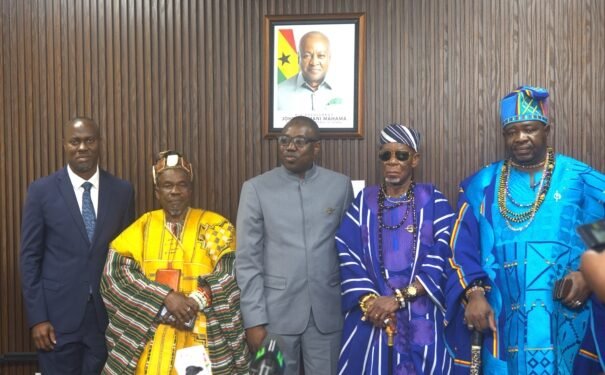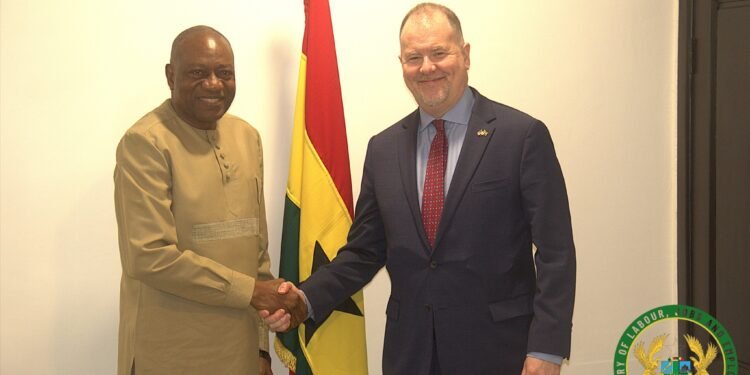In developing nations like Ghana, conflict of interest among public officials poses a substantial threat to democratic governance, as the prioritization of personal gain over public duty can exacerbate corruption, undermine trust, and hinder development.
Conflicting personal interests can compromise politicians’ impartiality, leading to favoritism, unethical decisions, and a dereliction of their public responsibilities, which can damage the fabric of democracy.
In politics, conflict of interest arises when a politician’s personal interests, financial or otherwise, influence their decision-making, potentially breaching their public duty.
As such, politicians engaging in business activities that overlap with their official duties or having a vested interest in companies impacted by government policies create a conflict of interest.
Furthermore, politicians’ use of confidential or insider information obtained through public office for personal enrichment or to advantage associates is a blatant conflict of interest, violating ethical standards.
Politicians may also abuse their power by awarding contracts to companies they have a personal stake in, or influencing regulations to benefit themselves or their associates, further blurring the line between public service and personal gain.
Conflict of interest in politics has severe and damaging consequences for democratic governance, as it can result in corrupt practices, where politicians prioritize their personal interests over the public good, undermining the integrity of the political process.
Politicians may engage in favoritism and cronyism, granting contracts or making decisions that unfairly advantage their associates, friends, or family members, rather than serving the public interest.
Moreover, conflict of interest can erode public trust in government, as citizens perceive politicians as self-serving rather than public servants.
According to Edem Senanu, Co-Chair of the Citizens Movement Against Corruption, the 1992 Constitution clearly states that public officers must avoid potential conflicts of interest, highlighting the importance of upholding ethical standards in public office.
He clarified that public officers must be aware of potential conflicts of interest, recognizing that their position grants them unique access to information and influence, which can create an unfair advantage in certain situations, even if no actual wrongdoing occurs.
As such, he asserted that, as a public officer, there are certain activities that one should abstain from, to maintain the integrity and impartiality of their position, and to avoid any appearance of conflict or impropriety.
“If you are a government operative and your government is in power you shouldn’t do business if that business is going to approach the government in a procurement process. In general, you’re not supposed to do business the reason being that we don’t want a situation where there are other things you are doing that take you away from focusing on your business [as public officer]”.
Edem Senanu
Furthermore, Edem Senanu noted that the SSNIT issue is a clear-cut case of conflict of interest, as Bryan Acheampong, a Minister of State, is the director and beneficial owner of Rock City, which should have disqualified the company from the process, given his influential position and unfair advantage over other competitors.
“Conflict of interest issues are very important. He should not have been shortlisted… Yesterday he responded…that even though he’s a director he’s not involved in the day-to-day Administration. The conflict of interest principles don’t work like that. What he should have done was to diverse his interests so that the records would not show his name there or else he should have sought permission as per what the rules of engagement are in Parliament”.
Edem Senanu
Addressing Conflict of Interest: Key to Good Governance
Accordingly, Edem Senanu emphasized that addressing conflict of interest is crucial, as it helps prevent corruption, promotes good governance, and ultimately reinforces the foundations of Ghana’s democratic system.
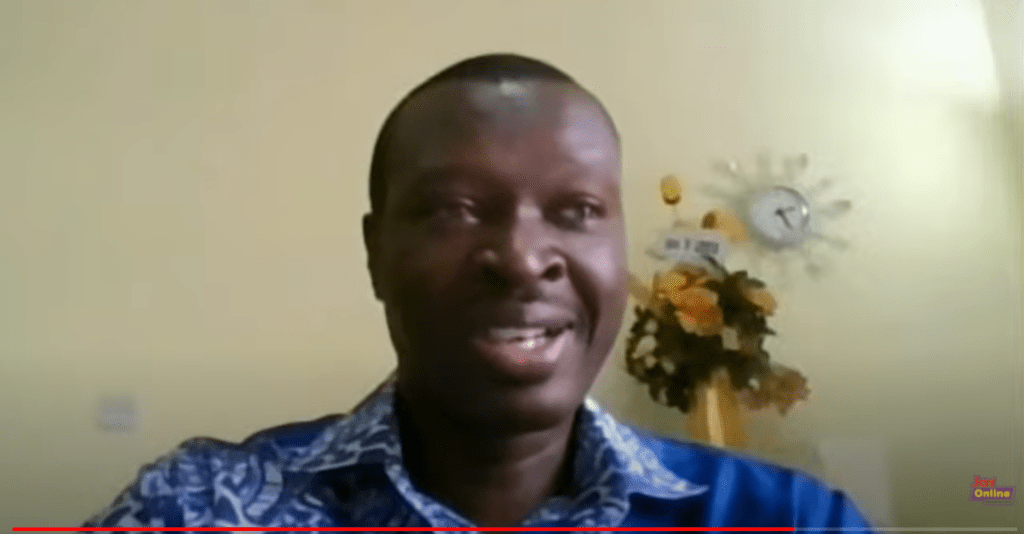
Furthermore, transparent disclosure of potential conflicts is a crucial initial step, which should be followed by prompt recusal from decision-making processes when necessary, to prevent undue influence and ensure impartiality.
Likewise, independent oversight bodies can serve as a watchdog, monitoring and enforcing conflict of interest rules.
Moreover, robust codes of conduct and comprehensive training programs foster a culture of ethical behavior, empowering individuals to make informed, integrity-driven decisions.
Accordingly, Edem Senanu contended that a significant number of public officials in Ghana lack a clear understanding of what constitutes a conflict of interest in their official capacities.
As such, he highlighted the urgent need for comprehensive training and education to address this knowledge gap and promote ethical conduct in public service.
Moreover, policies and procedures should be developed and regularly updated to address emerging risks, and anonymous reporting mechanisms can encourage whistleblowers to come forward.
Also, consequences for non-compliance must be clear and enforced, and a cultural shift towards transparency and accountability is essential.
By implementing these measures, the risk of conflict of interest can be reduced to promote good governance, integrity, and public trust.
In today’s complex and interconnected world, mitigating conflict of interest is crucial for building resilient institutions that serve the greater good.
READ ALSO: One Piece Of A Complex Puzzle Laid






